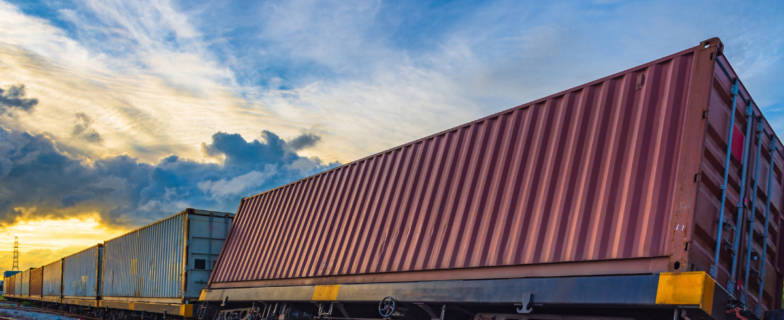Train Derailments: What You Need to Know About This Significant Safety Hazard
A derailment in East Palestine, Ohio in early February 2023 made national headlines – a Norfolk Southern train carrying toxic materials derailed and caused a massive explosion. In the aftermath, residents in Ohio and Western Pennsylvania became increasingly concerned about the potentially serious health and environmental risk factors associated with the derailment. Although the authorities are still investigating, the National Transportation Safety Board initially concluded that a wheel bearing on the train improperly overheated, and passed sensors that should have identified this and other mechanical issues with the train. This incident has sparked great public discussion about derailments, why they occur, and the safety measures that should be taken by this largest rail carriers to prevent them. It also underscores the importance of the Federal Employers’ Liability Act (“FELA”) that protects railroad workers who are injured as a result of a derailment. Unfortunately, derailments are too common. According to the Federal Railroad Administration (FRA), there were 1,164 derailments in 2022 alone, which is almost 3 derailments every day. Derailments appear to be the result of railroad companies placing profits over safety as seen in several recent cost-cutting measures. Railroads have enacted protocols such as “Precision Scheduled Railroading” (PSR) that increase the length of trains but reduce personnel. This practice has resulted in fewer carmen on staff to inspect trains before they depart. It has also led to longer trains (sometimes 2-3 miles) to be hastily assembled by fewer transportation employees in shorter time periods. At times, trains lack proper power distribution and make up. Further aggravating matters, railroads have instituted harsh attendance policies, requiring their personnel to essentially stay “on call” at all times, contributing to severe fatigue and lack of concentration when a shift begins. Although longer trains and less personnel are key to higher profits for railroad companies, they can contribute to potentially disastrous situations for employees and their families. Railroad workers can be seriously injured when a derailment occurs. Experts and government officials alike have called for new safety measures, such as additional inspection technology without reducing carmen-led inspections, modifying company attendance policies to allow workers more time off to rest, and increasing time allowed to inspect and assemble trains. However, railroads have pushed back against many of these proposed safety measures, claiming that these will not reduce the risk of derailments and will cost too much. There is also concern that the FRA has failed to properly track certain important factors that may contribute to train derailments, such as the length of each train involved in a derailment or crash. Safety advocates are calling for such data to be included in FRA reporting and analyzed as a contributing factor. Regardless of the potential success of these safety efforts, the FELA provides injured railroad workers with the right to pursue a claim against their railroad employer when it fails to provide reasonably safe equipment and/or methods of work. For example, if the railroad provides a train that has defective equipment that overheats and a derailment results, it may be liable under the FELA. Our firm has handled many train derailment cases involving defective equipment, improper/delayed assignment of train crews, and failure to implement life-saving technologies like positive train control. We have also brought lawsuits on behalf of injured Amtrak employees and passengers arising from last summer’s catastrophic collision in Mendon, Missouri. We are also helping to lead a class action arising from the East Palestine derailment. If you have any questions about train derailments, please contact our firm for more information.
Article by Scott Gershenson, Counsel
In our Railroad Injury e-newsletter exclusively covering railroad-related topics, attorneys from Schlichter Bogard & Denton’s nationally recognized team discuss, among other things, railroad workers’ rights, federal railroad laws, recent rulings impacting railroad workers, and firm news. Click here to subscribe.
The information contained in this newsletter is provided for informational purposes only and does not constitute legal advice. Reading this newsletter and information contained herein does not constitute formation of an attorney-client relationship. Every potential case must be assessed in accordance with its unique facts and circumstances. If you believe you may have a legal claim, please request a free, confidential case evaluation with our team today.
